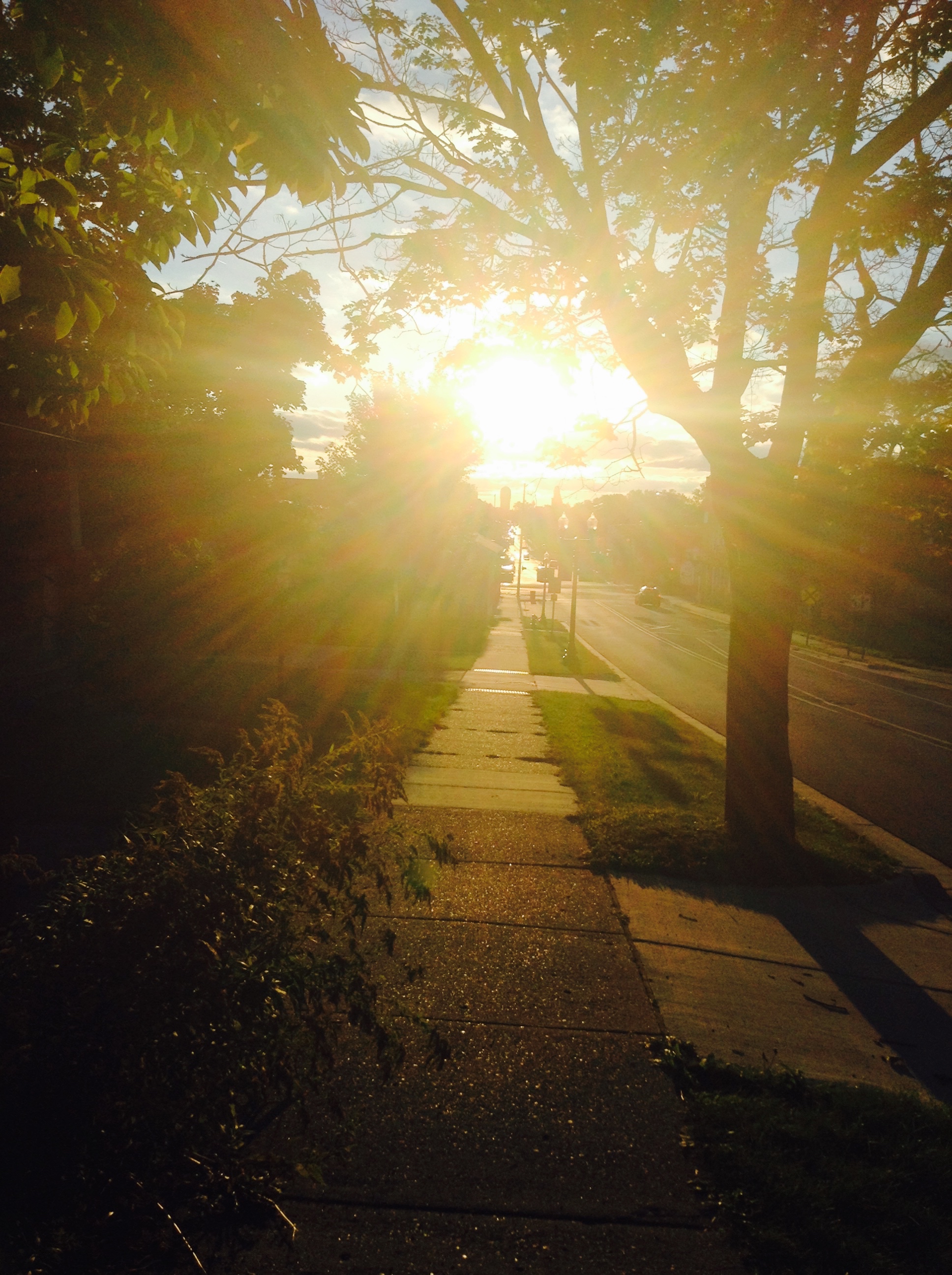(Beasts of No Nation is currently available on Netflix)
I know next to nothing about child soldiers. I remember that at some point Clinton started a military ‘campaign’ somewhere in Africa and all the children that were fighting against grown USian soldiers was a very big deal in the media. But I never paid much attention. During that time, I was struggling to survive and was only a few years older than those kids–so I guess even though I really didn’t have much of a political awareness, I did wonder. Why did USians care so much about those child soldiers in some country I had never heard of, but didn’t seem all that much to mind what was happening to kids right here in the US?
So the only reason I watched Beasts Of No Nation was because Idris Elba was in it. I had no idea the movie was about child soldiers and frankly, I probably wouldn’t have watched it had I known. While I am no longer that cynical teen of the Clinton era, I am a mother. And I just don’t need to know all the ways that children can be abused and violated.
But as it turns out, Beasts is a good, albeit incomplete and somewhat problematic, movie. 15-year-old up and coming actor, Abraham Attah is the star, playing young Agu, a boy living in a war torn unnamed African country who sees his family killed and eventually joins a paramilitary unit as a means of survival. Agu is young. When he carries things, there is no hair under his arms, when he speaks, his voice does not crack with the hormonal surges of puberty.
But Agu also is a leader, he guides other kids through schemes and plans to make money while positioning himself as the negotiator between the kids and the adult customers. He passes off a broken wooden TV frame as a wonderful opportunity for adult customers to use their imaginations. He convinces an adult to pay him and his friends to remove a tree branch from the road that the kids put there just moments before. Attah allows Agu to scan the faces of adults, to see the boredom or amusement that signals to Agu it is time to move on or push just a bit harder. Agu is a negotiator and keen observer, but Attah allows him to also just be a kid. He burps at the dinner table and gleefully antagonizes his grandfather. He’ll also sometimes just take food in his trading efforts, not because he’s not fed at home (the first scene we see of his mother is of her cooking dinner for the family), but because growing boys can eat anything and still be hungry.
But then the second act starts, and the movie that was about Agu, a charming, funny kid on the cusp of puberty, shifts into a movie about child soldiering. A group of soldiers invades the area and after being caught in the middle of heavy fighting, Agu’s family is separated or killed, leaving Agu alone and lost in a jungle area. Agu is found by a paramilitary group led by The Commandant (Idris Elba) and viewers are led thru one horror after another that child soldiers are initiated into soldiering with, including the ritual first killing. After Agu’s group attacks a caravan, one of the survivors is put on his knees in front Agu, who is told to kill him. Agu is clearly disturbed by the idea of killing the man, who does not make things easy on him, begging and crying the whole time. But eventually he uses his machete to brutally hack the man to death.
While it is a distrubing scene, I wondered where that fast talking kid was, the one with the imagination and ingenuity to talk an adult into buying a broken TV. Wouldn’t that kid have at least tried to talk his way out of this situation? After the man is dead, Agu says in a voice over that ‘he killed a man’ but that ‘it is the right thing to be doing.’ What made it the right thing? More to the point, what made it the right thing for Agu to do? Is the hacked up dead body really the way the Agu of the first act would handle the pressure and violence of being a child soldier? The movie never really digs into these questions, instead seemingly expecting the viewer to just understand. Agu is a child soldier, and this is what child soldiers do.
Idris Elba’s The Commandant is another equally unexplored character. While The Commandant is certainly multifaceted, what Elba does best is infuse the character with an electric masculinity. The Commandant is a man that somehow manages to convince a huge group of boys to not only follow him, but commit terrible atrocities in his name. He inspires such loyalty in the boys that in one scene, Agu even jumps in between a threat and The Commandant with his gun locked and loaded, ready to use it in The Commandant’s defense. Elba makes The Commandant big, thick and growling. He dresses differently than the fathers in the community, smokes and drinks, and shows a confidence in the boys that they may not necessarily feel in themselves.
And yet, Beasts never takes the time to explore why the boys are buying the type of masculinity that The Commandant is selling, not even when it’s revealed The Commandant is sexually abusing many of the boys. Agu, who is shown as having had loving relationships with his father and older brother, never wonders what his father or brother would think of the man he is becoming under The Commandant’s guidance. Masculinity (and soldiering) is just something done to him, and he accepts his fate with hardly a flicker. Meanwhile he Commandant’s life is not explored at all. Why on earth would a grown man choose to put his life in the hands of a bunch of kids? Beasts’ lack of interest in the motivations of its main characters is a loss for both of the characters.
It is also a loss for Beasts that there are no bigger questions the movie tries to answer. Why do these horrific wars and paramilitary actions keep happening? Why are men and boys so willing to die for a cause they don’t really seem to understand? Beasts of No Nation does not even pretend to be interested in these questions. It does not name the country that men are willing to use children to fight for, it does not contextualize the fighting that is tearing apart Agu’s country except to ambiguously hint that land may or may not have been stolen from one group of people by a more privileged group of people. Tribes are not named or contextualized–one day soldiers show up and the next day, Agu is in the jungle joining a paramilitary.
I found myself wondering how USians might interpret black men doing barbaric things for no understandable reason. Or how they might see a young black boy like Agu committing heinous crimes just because he was told to. Or how they would compare what this unnamed group of armed black people did to innocent civilians to what is happening in places like Chicago or Detroit. Is there enough specificity of directorial intention and complexity of character motivations for non black viewers to watch this movie and not draw on racist stereotypes to fill in the ’empty spots’? Or does the ambiguity present through the movie allow viewers off the hook by feeding them absolutely normal images of black men that they see everyday in the media, while at the same time, allowing them pat themselves on the back for being good people (I think what happens to child soldiers is terrible!)?
It seems like there may actually a be an answer to why do USians care so much about kids ‘over there,’ while ignoring or condoning what is happening to kids right here, after all.
Beasts of No Nation is a good movie. It was refreshing to watch a movie about a place in Africa that didn’t use deeply saturated ‘colorful’ lighting that is more interested in the contrast between colorful clothes and dark skin than actual people, and Idris Elba and Abraham Attah give nuanced and interesting performances. Unfortunately, Beasts doesn’t seem to know what it’s about. The tragedy of the life child soldiers? Or the tragedy of Abu’s life, in which he is forced to be a child soldier? A great movie would’ve dared to ask the hard questions.





